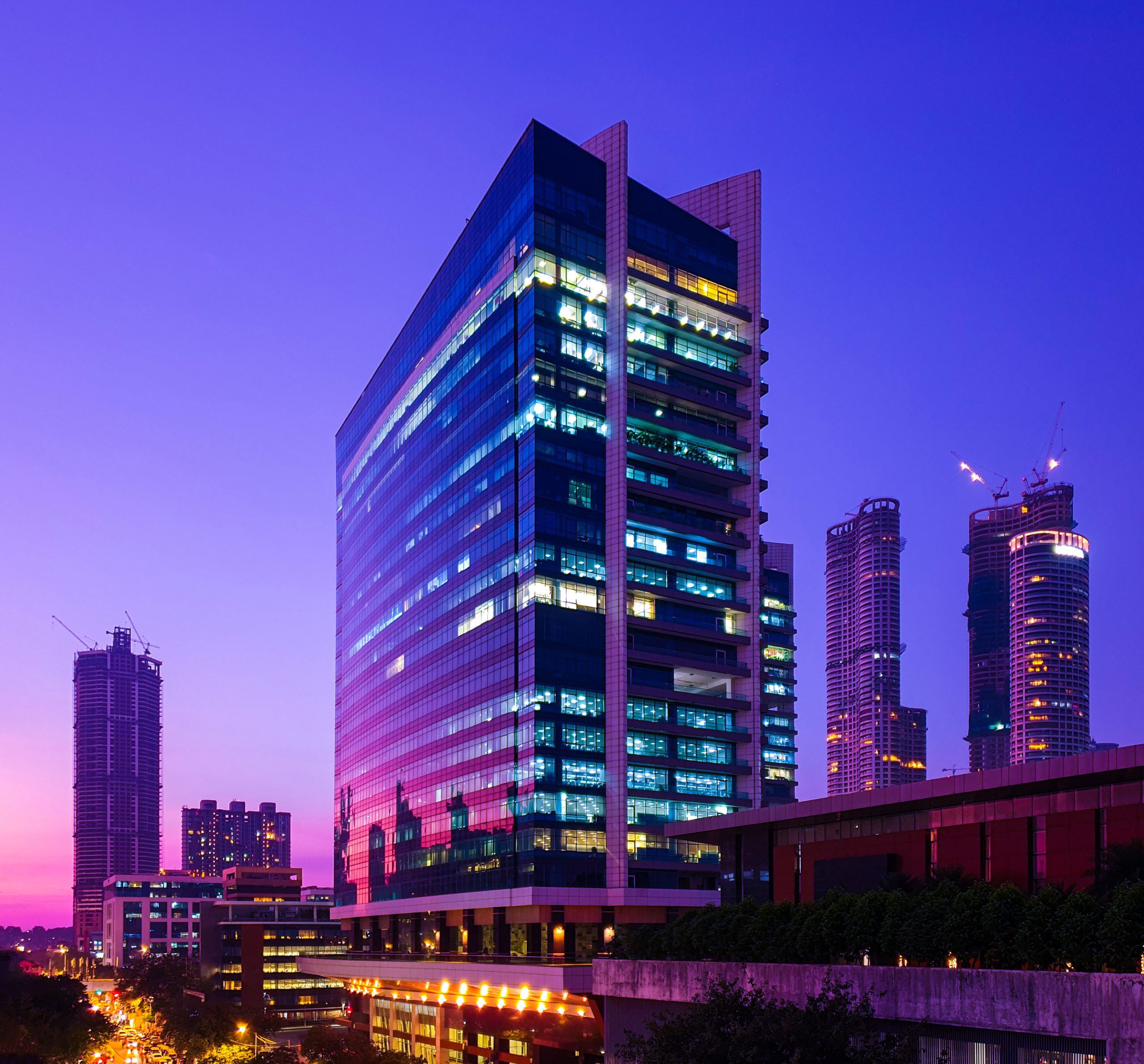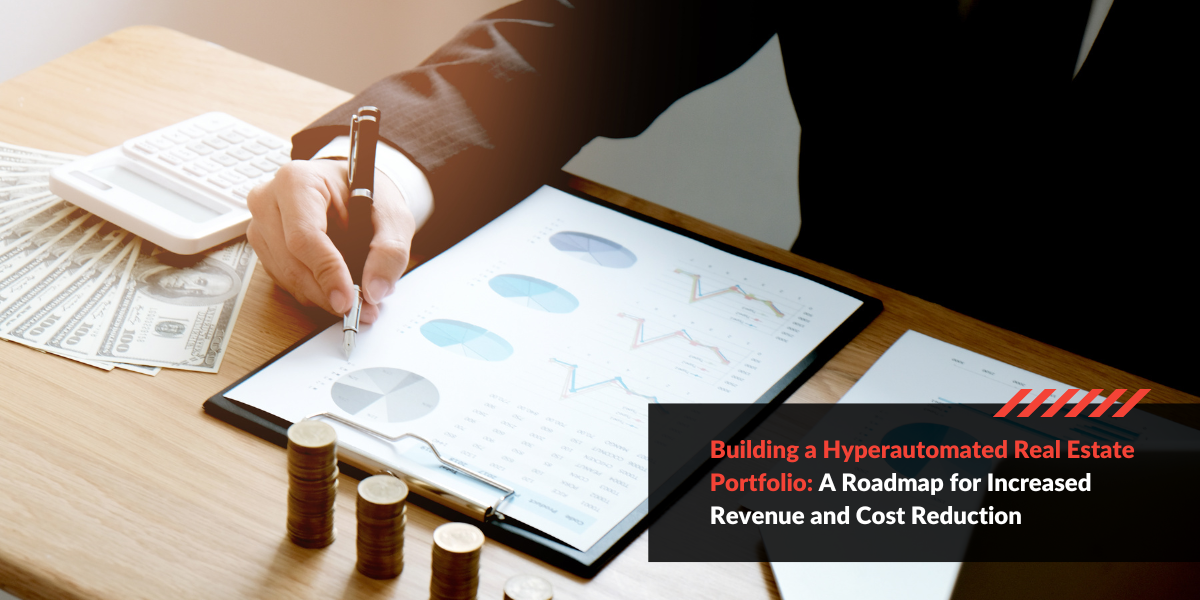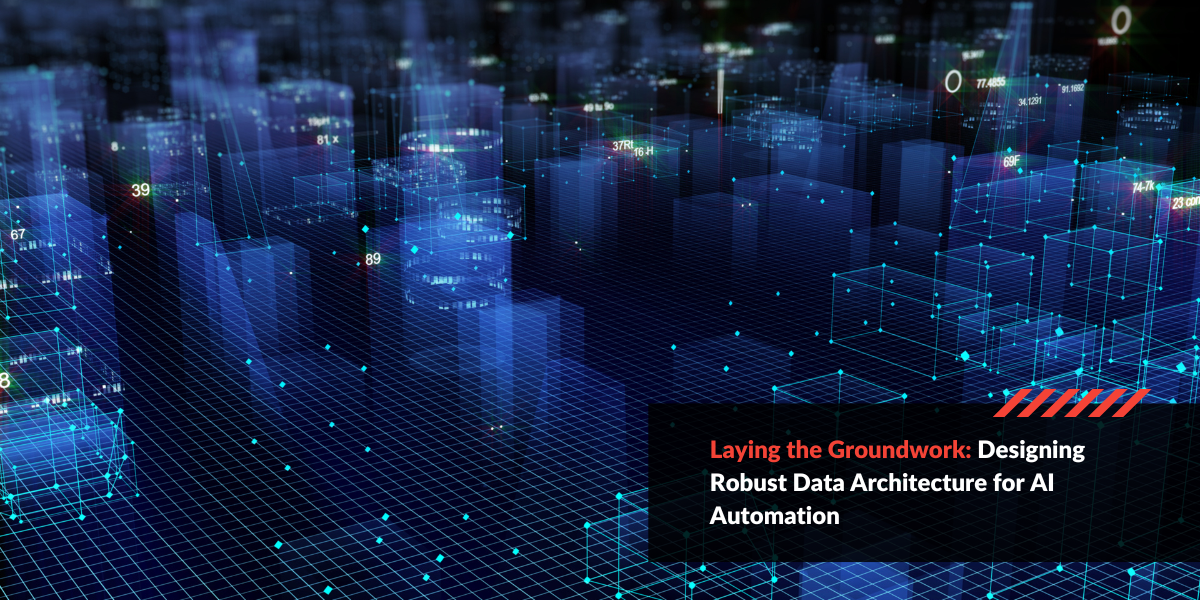The past couple of years, for the hospitality industry, have not been the most ideal environment for its growth. The industry has been trying to navigate towards an agile and sustainable future, all the while being surrounded by COVID-19 disruptions. 2021 was a rather demanding and uncertain year for the hospitality sector, given that the pandemic made sure that “business as usual” was anything but. Going into 2022, the uncertainty still prevails, but with higher chances of businesses resuming to normalcy.
But what if we told you that this so-called “normalcy” we used to entertain is now outdated?
The industry now has to deal with more demanding and tech-savvy customers, who expect nothing less than 24×7-contactless-digital assistance, and a rapidly advancing technological ecosystem. Recent research suggests that 60% of organizations have sped up their investments in digital technologies due to COVID-19 and more than 55% have permanently course-corrected their organizational strategies. This isn’t a shocking revelation, as technological developments like hyperautomation have been the key drivers towards innovation and growth for a multitude of industries, during the course of pandemic.
But Why Hyperautomation?
The pandemic made sure that hospitality leaders realize how inefficient and inept their legacy systems were when faced by a sudden crisis. The road to post-COVID recovery would have been almost unimaginable if not for hyperautomation.
Hyperautomation takes Robotic Process Automation (RPA) to the next level. It allows robust, end-to-end automation of business processes. It does so by bringing together advanced technologies like Intelligent Process Automation (IPA), Artificial Intelligence (AI), RPA and Machine Learning (ML). With IPA’s “human-like” intelligence, businesses can handle not only structured but also unstructured data, that RPA couldn’t, sans human interference.
Hyperautomation streamlines your business processes by connecting all disparate operations, enabling your business to pursue operational agility and flexibility like never before.
Revolutionizing Hospitality – The Smart Way
Given the ever-fluctuating market scenarios, a piecemeal approach to automation is no longer viable. Hospitality leaders need to grasp a bird-eyes view over their organization’s operations and leverage holistic solutions for the same.
Isolated automation solutions will help you streamline only singular operations and turn inefficient over a period of time. But an integrated automation approach will weave all the operations together, building resilience and adaptability. It will also help your business garner up to 3-digit ROIs, in a fairly short period of time.
Furthermore, traditional methods of business administration are siloed and hence also hinder swift operations. Thus, adapting to cloud-based infrastructure will help seamlessly connect your business processes and result in more effective collaborations. In addition to that, cloud computing will enable infinite scalability and flexibility to your business, making sure it doesn’t hit any road blocks on its journey towards automation. Gartner reveals that by 2025, cloud-native platforms will serve as the foundation for more than 95% of new digital initiatives — up from less than 40% in 2021.
Research states that in response to COVID-19, almost 2 in 3 (64%) organizations shifted to more cloud-based business activities. Now, 97% of organization’s are employing cloud and 78% have at least piloted AI.
Moreover, automation solutions also give you access to intelligent chat bots, that can assist customer queries in real time, ensuring prime customer service. Integration with employee management platforms gives a centralized view of employee profiles and enables their proper management.
A list of potential use cases for the hospitality sector
1. Bank Reconcilation 📝
Multiple tasks like download of bank statements
Reconciliation against accounting records
Update into the accounting system.
2. Accounts payable 📝
Invoice data capture
Coding invoices with correct account and cost center
Approving invoices
Matching invoices to purchase orders
Posting for payments.
3. Accounts receivable can be complex for hospitality with certain payments claimed from the client and the remainder from the booking agency.
Hyperautomation has played a crucial role in reviving travel and hospitality thus far, and will continue to be a key driver in future-proofing your business. So, don’t wait long, and leverage this disruptive technology before it’s too late. While we are unsure of what awaits the hospitality industry in 2022, we are sure that hyperautomation will be the harbinger of exceptional customer service and agility for your hospitality business.
If you are interested to learn more about this disruptive technology, take a look at 6 Key AI Trends in Hospitality – Where the bots are winning . Alternatively, you could also explore Tackle the Post-Pandemic Business ‘New Normal’ with the Power of Intelligent Automation.
If you’re interested in exploring Intelligent Automation to enhance your customer services and customer experience, Rapid Acceleration Partners would be glad to help. Our next-gen, AI-powered content intelligence platform RAPFlow enables full lifecycle AI orchestration on a single platform. When used in tandem with our RPA tool RAPBot, it provides end-to-end workflow automation capabilities that can be deployed in just weeks. You can even build your own use case and the platform can easily integrate with your existing systems. Book a demo to get a more detailed understanding of how our products can transform your business.










